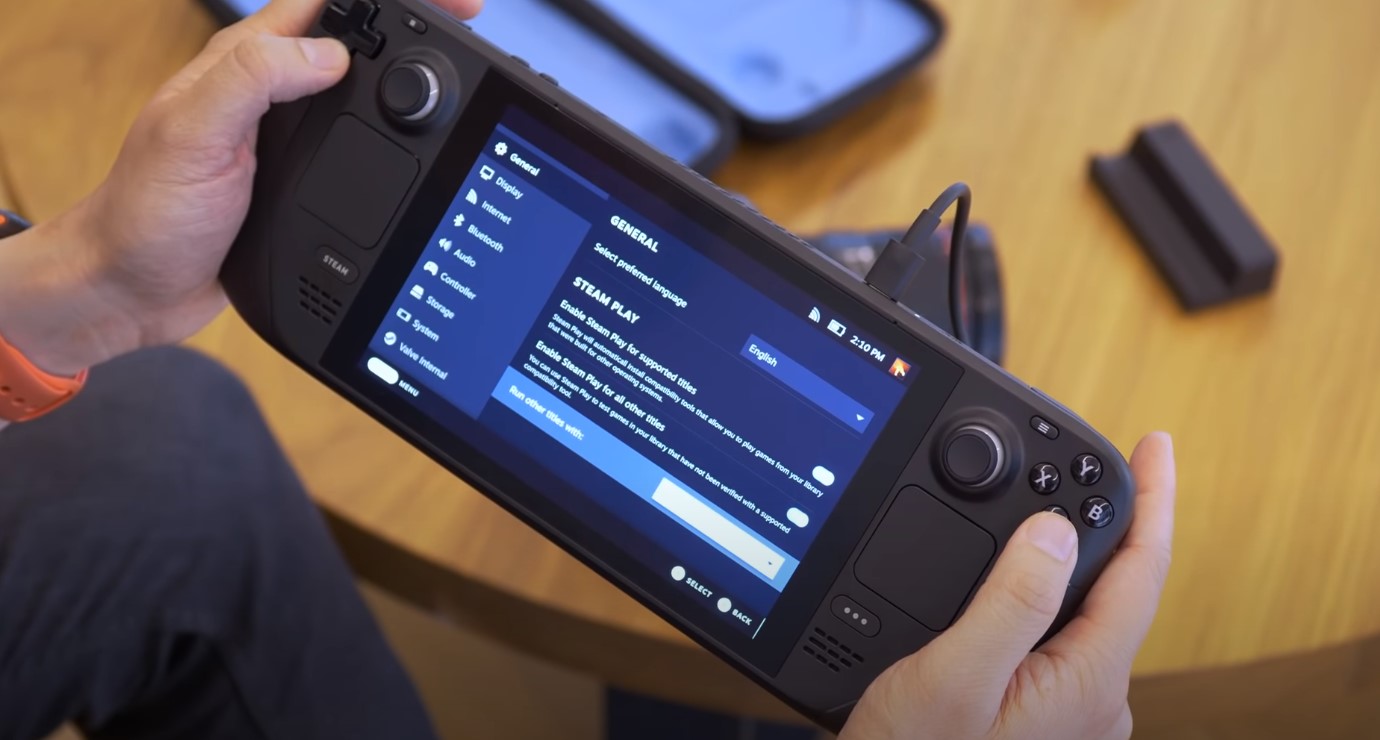They really all came crawlin' back to Steam, didn't they?
It's good to be Valve right now.

A decade ago, EA pissed a lot of people off. That's normal for EA, but this move in particular earned the publisher some lifelong enemies among PC gamers: After releasing the first two Mass Effect games on Steam, EA announced that Mass Effect 3 would only be available on its proprietary client, Origin, blaming Steam's "restrictive terms of service." Rather than sitting in a neat stack in our Steam libraries, the trilogy was split between two launchers. It was a crime against PC gaming, as far as some were concerned.
Eight years later, in 2020, EA finally released Mass Effect 3 on Steam. Perhaps overcompensating, it then released Mass Effect 3 on Steam again in 2021 as part of the Mass Effect Legendary Edition. If any doubt remained that the publisher's Steam vacation was over, it killed Origin. Granted, Origin was immediately replaced by the EA app, which is the same thing, but the point stands. EA came crawlin' back to Steam, and it wasn't the only big publisher to do it:
- After sequestering the Call of Duty games on Blizzard's Battle.net for a time, Activision came back to Steam with Call of Duty: Modern Warfare 2 and Warzone 2.0.
- Microsoft started releasing games on Steam again in 2019, having failed to make the Microsoft Store essential. (Although it has found success with Game Pass and the Xbox App.)
- Following a couple years of Epic Games Store exclusivity, Ubisoft finally released Assassin's Creed Valhalla on Steam.
- Take-Two also toyed with Epic exclusivity, but only ever for short periods: Borderlands 3 was on Steam after six months, and Red Dead Redemption 2 was exclusive to the Rockstar Games Launcher and EGS for just a month.
Steam has recently welcomed notable newcomers, too. For a while, we wondered if Epic's relationship with Sony would mean that former PlayStation exclusives would favor the Epic Games Store as they trickled onto PC. Epic apparently made an offer, but Sony didn't pick a side: God of War and other PlayStation-published games are on both Steam and EGS.
It's good to be Gabe
Perhaps things would actually have turned out worse had EA, Microsoft, and others not annoyed us by pushing their own stores and launchers for as long as they did. A decade and change ago, it seemed like Steam was on its way to becoming synonymous with PC gaming, with only a few companies, like Blizzard, able to succeed outside of Valve's ecosystem. As influential as Valve is today, it did not ultimately become PC gaming's "Xerox," which I think most will agree is for the best. The reaction to Microsoft's hoovering up of important studios suggests that PC gamers don't like seeing too much power consolidated within the Seattle Metropolitan Area.
I do think PC gaming has quietly (and sometimes loudly) endorsed a Steam monopoly.
If Valve was made nervous by the sudden competition it faced over the last decade, and the departure of these big franchises, we certainly couldn't see it on its face—but then again, the company's sedate demeanor has always been hard to read. When Epic CEO Tim Sweeney posed the Epic Games Store as a direct challenge to Steam's 30% revenue cut, for example, Valve hardly budged. It did eventually lower its fee, but to 20% rather than Epic's more generous 12% and only for the biggest publishers, which pissed off a lot of indie developers. And yet, Epic still has to spend big to acquire notable exclusives, with its new publishing wing currently funding two Remedy games, one of which is Alan Wake 2. (Don't get me wrong, I think that's a great thing, because I always want more Remedy games.)

It feels premature to say that the era of the Steam rival is over, but I do think PC gaming has quietly (and sometimes loudly) endorsed a Steam monopoly. For all of the virtue that PC gamers and this publication proclaim about the platform's openness and freedom of choice, I think it's also understandable that so many of us value the predictability, convenience, and centralization that comes with Steam's dominance.
It's a very good time to play games on personal computers, on Steam or otherwise.
Valve's continued relevance hasn't always felt this secure: The 2010s were full of little and big controversies and blunders, such as the vaporous Steam Machines program, Artifact's failure, semi-frequent confusion around Steam's adult games policy, review bombing and Steam forum moderation quagmires, and the mild dud that was the Steam Controller. Lately, though, Valve's on a bit of a roll, with its hardware efforts especially looking more fruitful: It still makes our favorite VR headset, and the Steam Deck has been a small triumph. I'm glad to see Valve's long, slow effort to build a Linux-based lifeboat for PC gaming, SteamOS, finally made practical for the average gamer.
Keep up to date with the most important stories and the best deals, as picked by the PC Gamer team.
And Steam itself, which was once only a destination for publisher-backed games, is now a destination for cool, weird stuff like Cruelty Squad alongside mainstream hits, which now includes games we once didn't expect to see on PC at all, like Marvel's Spider-Man and God of War. That's in part down to the health of PC gaming in general: It's a very good time to play games on personal computers, on Steam or otherwise. But let's be honest: mostly on Steam.
(Apologies to the author of the entertaining Gawker essay 'They Always Come Crawlin' Back' for borrowing the phrase at the center of their observation about human behavior to discuss the business plans of videogame publishers.)

Tyler grew up in Silicon Valley during the '80s and '90s, playing games like Zork and Arkanoid on early PCs. He was later captivated by Myst, SimCity, Civilization, Command & Conquer, all the shooters they call "boomer shooters" now, and PS1 classic Bushido Blade (that's right: he had Bleem!). Tyler joined PC Gamer in 2011, and today he's focused on the site's news coverage. His hobbies include amateur boxing and adding to his 1,200-plus hours in Rocket League.

